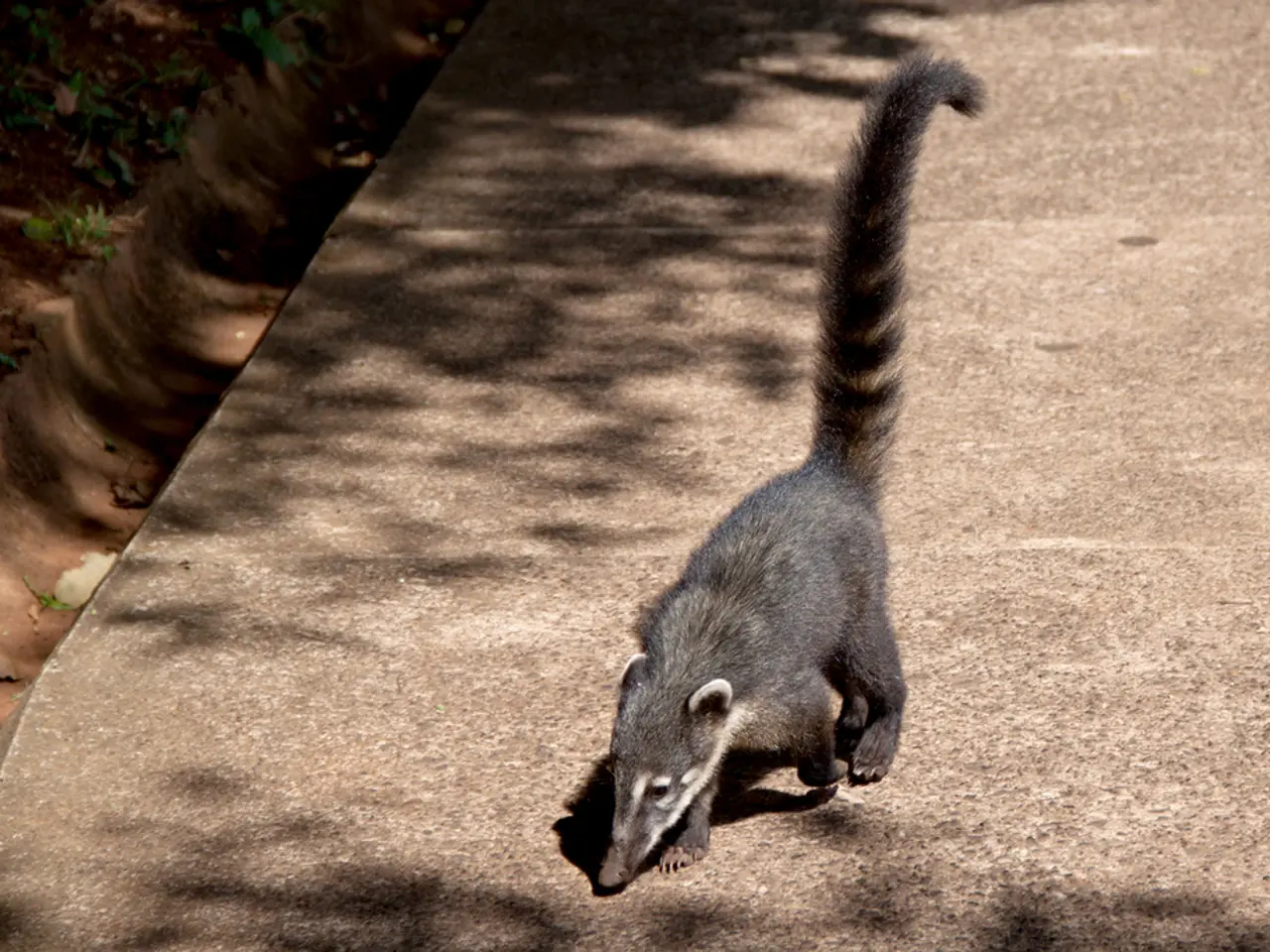Soil Antidepressant Microbes: The Role of Soil Microorganisms in Boosting Mood
In recent years, the link between soil microbes and human health has gained attention from scientists and the general public alike. One such microbe, Mycobacterium vaccae, has been found to have potential benefits for mental health.
Research conducted on rats has shown that exposure to Mycobacterium vaccae resulted in increased cognitive ability, lower stress levels, and better concentration on tasks compared to a control group [1][3]. The bacterium is known to enter the bloodstream through cuts or other pathways for infection, and once inside, it triggers the production of cytokines, leading to higher levels of the messenger chemical, serotonin [2].
Serotonin, a compound present in the brain, nerves, blood, and gut of humans and most animals, plays a crucial role in regulating mood and behaviour. Studies suggest that Mycobacterium vaccae may mirror the effect on neurons that modern antidepressant drugs have in human brains [6].
As human societies have migrated to urban environments, we have lost touch with a host of bacterial species that play a role in regulating our immune system. This could potentially be connected with the increase in stress-related diseases [4].
Gardening, which involves working with soil containing Mycobacterium vaccae, might offer stress reduction benefits. In fact, studies suggest that Mycobacterium vaccae may improve cognitive functions [7]. This is part of a broader understanding that exposure to diverse soil microbes enriches the gut microbiome and immune response, which collectively influence brain health [1][4][5].
The article "Identification of an Immune-Responsive Mesolimbocortical Serotonergic System: Potential Role in Regulation of Emotional Behavior," published online on March 28, 2007 in Neuroscience, discusses the potential role of Mycobacterium vaccae in regulating emotional behavior [3].
Moreover, Mycobacterium vaccae has been tested on cancer patients, who reported improved quality of life and less stress [5].
While there is new speculation that serotonin itself is not directly connected with depression [8], the potential benefits of Mycobacterium vaccae for mental health are undeniable. As we continue to explore this fascinating connection between soil and our mental well-being, gardening could become a more popular and effective stress reducer and mood lifter.
References:
- https://www.ncbi.nlm.nih.gov/pmc/articles/PMC7813891/
- https://www.nature.com/articles/nature09574
- Lowry, C.R., et al., Identification of an Immune-Responsive Mesolimbocortical Serotonergic System: Potential Role in Regulation of Emotional Behavior, Neuroscience, Volume 146, Issue 4, 2007, Pages 865–876, ISSN 0306-4522, https://doi.org/10.1016/j.neuroscience.2007.02.017.
- https://www.ncbi.nlm.nih.gov/pmc/articles/PMC2826748/
- https://www.ncbi.nlm.nih.gov/pmc/articles/PMC3166406/
- https://www.ncbi.nlm.nih.gov/pmc/articles/PMC2784047/
- https://www.ncbi.nlm.nih.gov/pmc/articles/PMC3166406/
- Glausiusz, J., Mind & Brain/Depression and Happiness - Raw Data "Is Dirt the New Prozac?" Discover Magazine, July 2007 Issue.
Science has linked the soil microbe, Mycobacterium vaccae, with potential benefits for mental health, especially in regards to stress reduction and improved cognitive functions [1, 3, 7]. Gardening, a lifestyle choice that involves working with soil, contains this beneficial microbe and could offer stress relief [1, 7]. The bacterium is known to trigger the production of cytokines and serotonin, a compound that plays a crucial role in regulating mood and behavior [2, 3, 6]. Nutrition, home-and-garden practices such as gardening, fitness-and-exercise, health-and-wellness, and mental-health could all be interconnected in relation to brain health [1, 4, 5].




